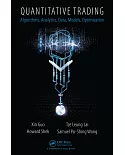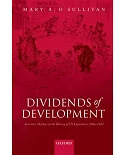The International Monetary Fund was created to centralise the management of the global monetary system. As international financial markets evolved, the richer countries turned to other, more
flexible sources of finance and IMF lending became almost exclusively focused on the developing world.
And yet the IMF has been widely criticised for its lending role in developing countries, with some arguing that it should not be lending at all and others claiming that net reverse flows since
the mid-1980s suggest that the Fund has abrogated its responsibilities.
This book provides the first detailed theoretical and empirical analysis of Fund lending and concludes that key changes are needed if the Fund is to realise its full potential for assisting
developing countries.





















